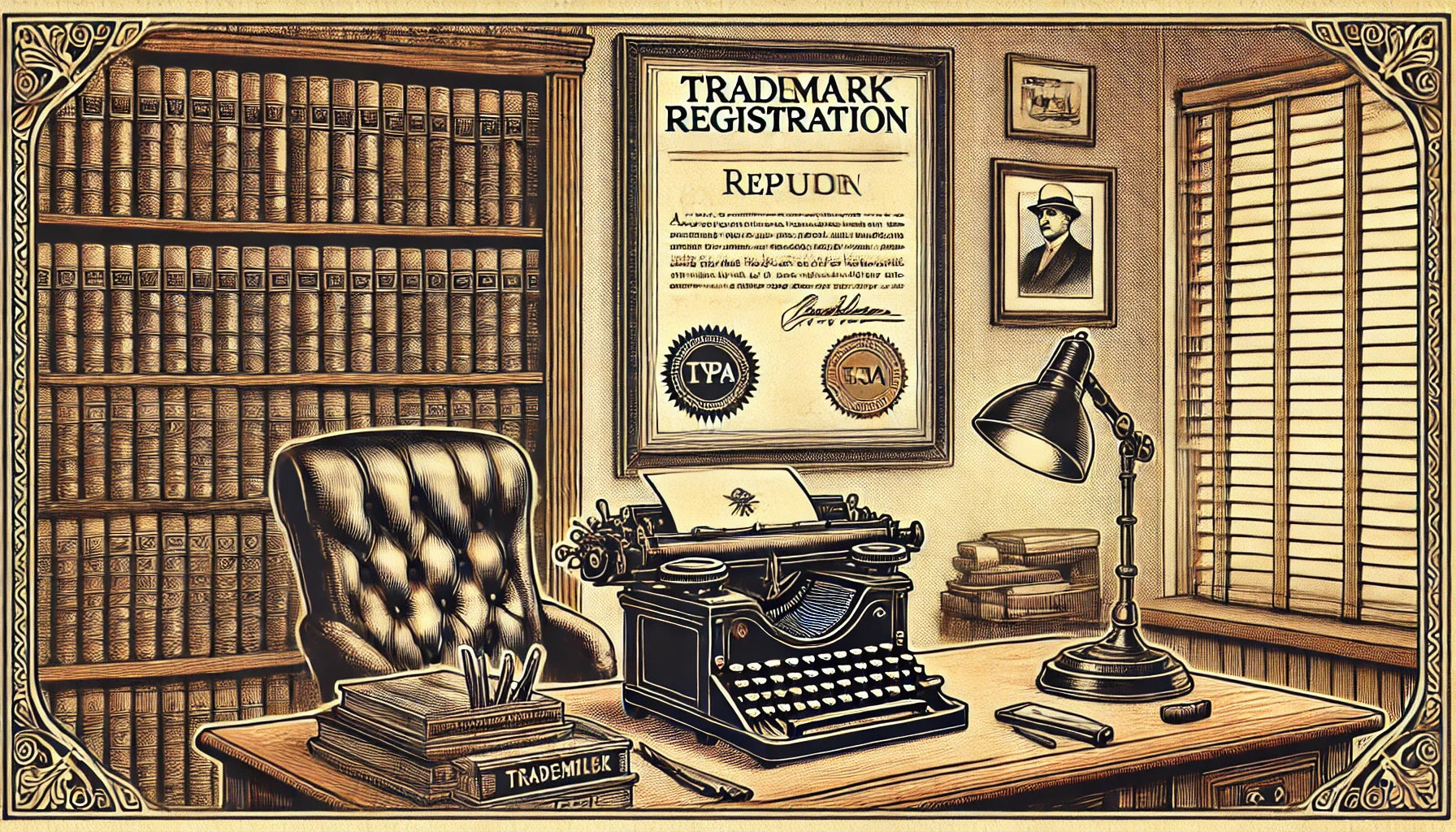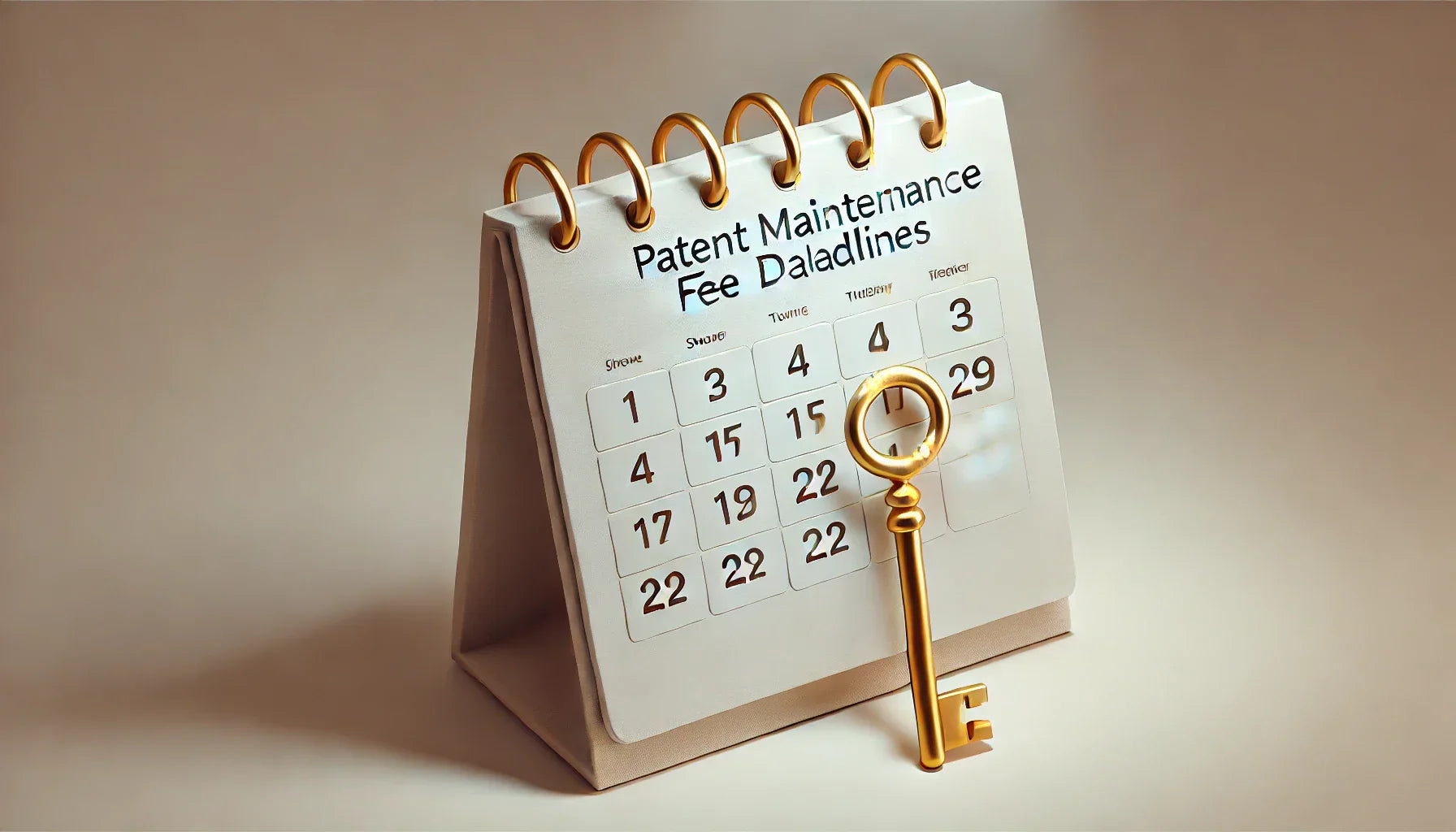Patents can be a great asset or a money drain
Most inventors think they have come up with the next big thing. Some do and most do not. Before investing your life saving, take a minute to think about the best way to invest your time and money.

Devin Miller (IP Attorney)
Electrical Engineer
Lawyer
Small business owner
Salvation or Anchor
Most inventors believe they have come up with the next big thing. They believe that everyone will want to steal it. They believe that a patent is their ultimate salvation. Inventors will mail themselves postmarked letters, record phone calls, hire attorneys to draft disclosure agreements, and generally act paranoid. Too often, inventors never stopping to think about whether it's really worth it.

Should you go after the treasured paper with the gold seal from the patent office? Here are a few questions to ask yourself before you invest in intellectual property.
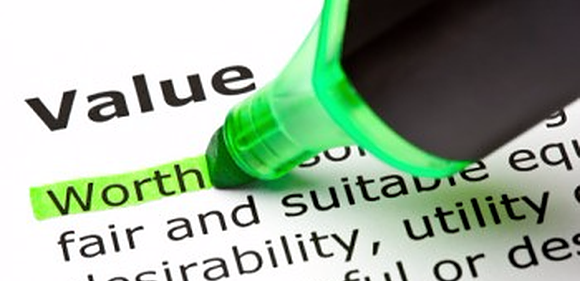
Patentable and Valuable?
Is your invention really likely to be patentable and worth protecting? If it is a revolutionary new technology, probably. If it is a new widget for a small niche market, maybe not.
Invest a little time and money and meet with a good patent lawyer (not a general practice attorney or business attorney). A good patent lawyer will give you solid guidance about how to proceed. If you are serious about investing in your invention, a good invention search can save you money in the long run. Provisional patent application can also be a great option to consider as they are comparatively inexpensive and buy you a year to think, sell, or test out your invention before jumping all-in.
Time and Money
Do you have the time and money? Patents are an expensive investment for start-ups and small businesses and take years to get. The average cost from start to finish to get a patent is $15,000-$20,000.
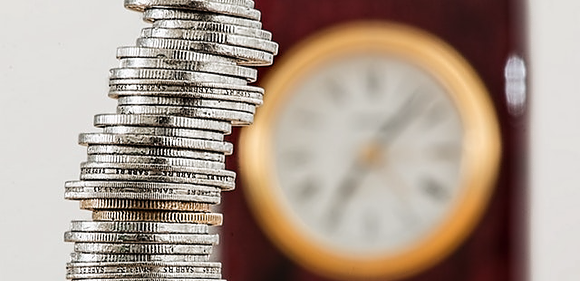
When there are hiccups along the way you will have to pour more money and time into the patent process without a guaranteed outcome. Are you prepared for what it might cost? Have you considered if it will still be worth it in the two to three years it typically takes to get?
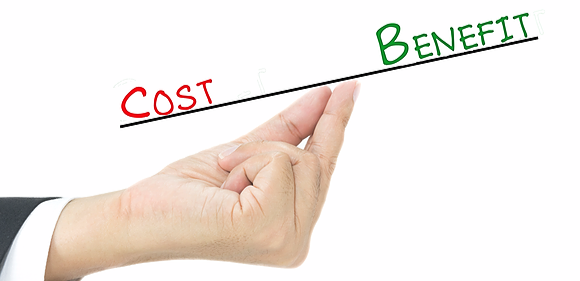
Cost v. Benefit
Do the potential benefits justify the investment? Many inventors never think past "my idea is great, I need a patent." But will you sell enough? Is anyone really likely to steal the idea? Will your product even be relevant by the time the patent is issued? Will the patent have real value to investors or acquiring companies?
I have several patents and patents-pending, and when I ask myself these questions in honest retrospect, there are some patents that are very valuable and others that I should not have pursued. So when you are trying to decide if you need a patent, ask yourself these questions. If the answers are positive, I would love to help.
Our Products
Flat Fee Pricing - Straightforward for Patents and Trademarks







